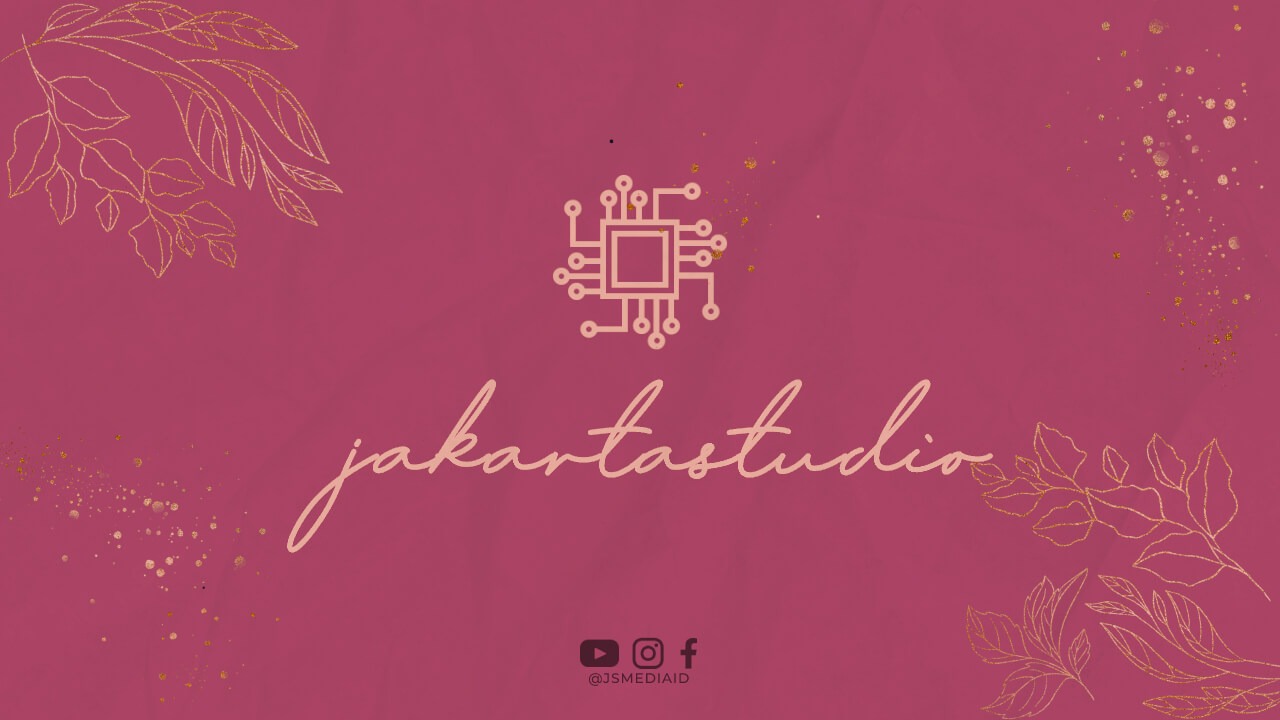If you’re a Bank of America customer, you may have come across the term “legal order fee” and wondered what it means. In this article, we will explain what a legal order fee is, why it is charged, and how it may affect you as a bank customer.
Understanding Legal Order Fees
A legal order fee is a charge imposed by Bank of America when it receives a request from a legal authority to freeze or garnish funds in a customer’s account. This request is typically made by a court, government agency, or other authorized entity as part of a legal proceeding.
When Bank of America receives a legal order, it is obligated to comply with the request and take appropriate actions, which may include freezing a portion of the customer’s funds or providing information about the account. The legal order fee is charged to cover the administrative costs associated with processing and handling these requests.
Why is a Legal Order Fee Charged?
The primary reason for charging a legal order fee is to ensure that Bank of America can cover the expenses incurred when complying with legal orders. Processing legal orders can be time-consuming and requires resources, such as staff time and legal expertise. The fee helps offset these costs and ensures that the bank can continue to provide these services.
It’s important to note that the legal order fee is not a penalty imposed by the bank but rather a charge to cover the expenses associated with complying with legal obligations. The amount of the fee may vary depending on the complexity and scope of the legal order.
How Does a Legal Order Fee Impact Customers?
If you receive a legal order fee, it means that Bank of America has received a request to freeze or garnish funds in your account. This could be due to various reasons, such as unpaid debts, court-ordered judgments, or tax obligations.
When a legal order is received, Bank of America is required to follow the instructions provided. This may result in a temporary freeze on a portion of your funds, making them unavailable for withdrawal or use. The frozen funds will typically be released to the requesting legal authority, and any remaining balance will be accessible to you.
It’s essential to review the details of the legal order carefully and seek legal advice if needed. Understanding the nature of the order and your rights as a customer can help you navigate the situation more effectively.
Conclusion
In summary, a legal order fee is a charge imposed by Bank of America to cover the administrative costs associated with complying with legal orders. When the bank receives a request to freeze or garnish funds in a customer’s account, it is obligated to follow the instructions provided. This may result in a temporary freeze on funds, making them unavailable for use. It’s crucial to understand the nature of the legal order and seek appropriate guidance to navigate the situation effectively.

